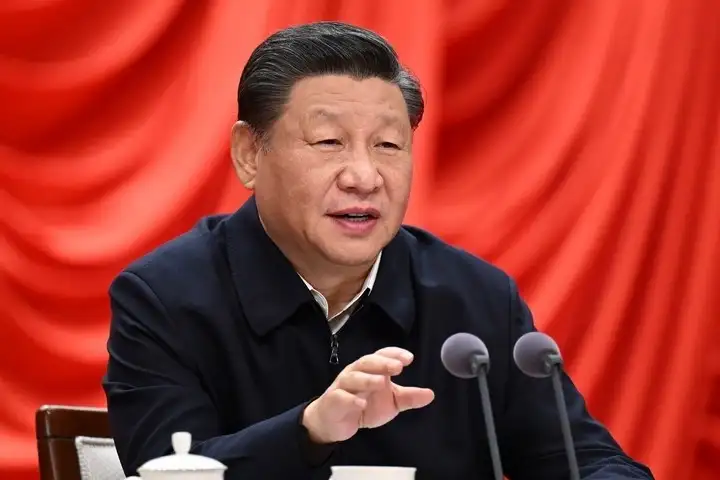Weak consumer sentiments in China may dent the economic revival process in China. While the Covid 19 related restrictions and lockdowns besides the heavy floods have led to weakening of consumer sentiments, what would be a cause for concern for Chinese President Xi Jinping and his team is that the spends have remained sluggish for sometime now—even before the resurgence of pandemic and floods.
Analysts said that for Beijing, the real challenge would lie in addressing the stagnant unemployment problem, ageing population and the youth who have taken to “lying flat” phenomenon. China’s unemployment rate has remained at just over 5 per cent for many months now.
Also read: China mounts charm offensive in South-east Asia to counter US & Indo-Pacific Quad
Bloomberg in its report said that “even before the delta variant outbreak from late July, consumers had been cautious to spend, failing to make a comeback to pre-pandemic levels. More recently, regulatory crackdowns in property and education services have weighed on consumer sentiment.”
According to data portal Trading Economics, China’s consumer confidence in July dropped to 117.80 from 122.8 in June this year. The survey is based on respondents from 20 cities. The Index measures consumer confidence on a scale of 0 to 200, where 200 indicate extreme optimism, 0 extreme pessimism and 100 neutrality.
“The Chinese millennials are simply ‘lying flat’. They don’t want to do blue collar jobs like the earlier generation. They are not interested in buying houses, or even getting married and having children. This phenomenon is affecting the Chinese society,” BR Deepak, expert on China and Professor at Jawaharlal Nehru University (JNU) earlier told India Narrative.
Anxiety has been rising among the young urban Chinese as the authorities crackdown on the private sector, which typically account for about 80 per cent of employment in the cities.
Also read: Chinese authorities make an attempt to reach out to jittery private sector
Xi’s ‘common prosperity’ drive is also being seen as a deviation from the earlier ethos of wealth creation. Such a concept could automatically lead to less spending.
Meanwhile, heavy floods and resurfacing of the deadly Covid 19 have also impacted China’s exports sector, which has been the key pillar of the country’s economy.
“It would be easy for Beijing to address issues related to Covid 19 or even the floods—as these are not long term – hopefully. What will be difficult for them (the authorities) to handle is the social challenge–an ageing society will consume less but here the youth are showing reluctance to indulge in spending as well,” an analyst said.




















